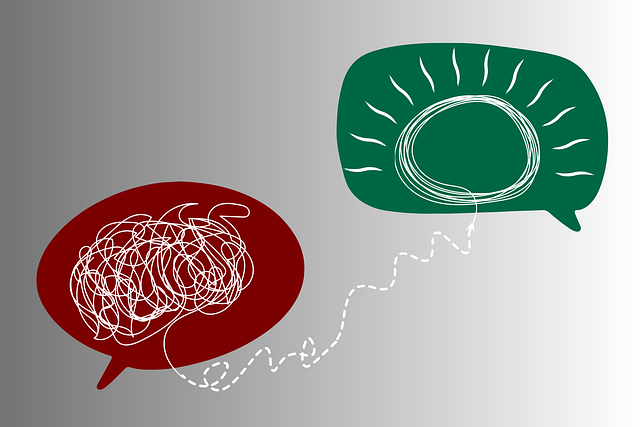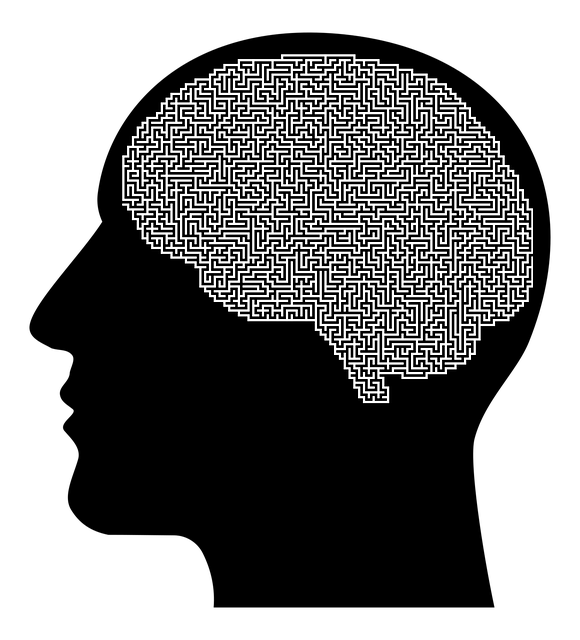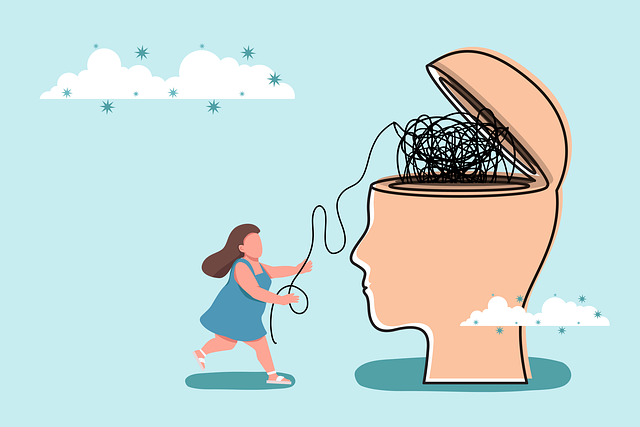Wheat Ridge Codependency Therapy (WRCT) provides comprehensive crisis intervention focusing on mental health, substance abuse, and personal struggles. Through active listening, empathy, and safe expression, WRCT helps individuals navigate acute distress. Techniques like Mental Wellness Journaling foster self-awareness and emotional regulation. The program equips clients with healthy coping mechanisms and stress management tools for future challenges, making it ideal for healthcare providers aiming to prevent burnout. Post-crisis strategies, including tailored interventions from WRCT, support long-term recovery and resilience by processing trauma, developing coping mechanisms, and building emotional strength.
In times of crisis, effective intervention strategies are crucial for providing immediate support and long-term recovery. This article explores key aspects of crisis intervention, offering valuable insights into how individuals and communities can navigate turbulent situations. We delve into the foundational principles of understanding crisis intervention, highlighting the unique benefits of Wheat Ridge Codependency Therapy. Additionally, we discuss post-crisis care strategies and prevention methods to foster resilience and promote healing.
- Understanding Crisis Intervention: A Foundation for Effective Support
- Wheat Ridge Codependency Therapy: Techniques and Benefits
- Implementing Post-Crisis Care and Prevention Strategies
Understanding Crisis Intervention: A Foundation for Effective Support

Understanding crisis intervention is paramount in providing effective support during challenging times. It’s a strategic approach designed to offer immediate assistance and help individuals navigate through acute distress, trauma, or overwhelming situations. By recognizing the signs and symptoms of a crisis, whether it’s related to mental health issues, substance abuse, or personal crises, interventions can be tailored to meet specific needs.
Wheat Ridge Codependency Therapy emphasizes the importance of understanding the underlying causes and triggers. This involves active listening, empathy, and creating a safe, non-judgmental space for individuals to express their feelings and thoughts. Incorporating techniques from Mental Wellness Journaling Exercise Guidance can be beneficial in fostering self-awareness and emotional regulation. Additionally, promoting healthy coping mechanisms and teaching practical tools for stress management, such as Mood Management and Burnout Prevention strategies, empowers individuals to better handle future challenges.
Wheat Ridge Codependency Therapy: Techniques and Benefits

Wheat Ridge Codependency Therapy (WRCT) is a highly effective approach designed to address complex interpersonal issues and promote healing. This therapy focuses on identifying and modifying unhealthy patterns in relationships, helping individuals regain control over their lives. WRCT incorporates various techniques such as cognitive-behavioral strategies, mindfulness practices, and emotional regulation skills to foster self-awareness and inner strength development. By understanding the underlying dynamics of codependency, clients can break free from destructive cycles and build healthier connections.
One of the key benefits of WRCT is its ability to facilitate significant stress reduction methods. Through tailored interventions, individuals learn to manage their responses to stressful situations, enhancing their resilience. This is particularly valuable for healthcare providers who often face high-pressure environments and are at risk of burnout prevention strategies. WRCT empowers them to develop coping mechanisms, ensuring they can maintain optimal well-being while providing care to others.
Implementing Post-Crisis Care and Prevention Strategies

After a crisis has been successfully managed, implementing post-crisis care and prevention strategies is paramount to ensuring long-term recovery and resilience. This involves a multifaceted approach where various support systems come into play. For instance, mental health professionals can offer individual or group therapy sessions tailored to address specific needs, such as those provided by Wheat Ridge Codependency Therapy. These therapeutic interventions help individuals process their experiences, develop coping mechanisms, and build emotional resilience.
Additionally, organizations can facilitate Stress Management Workshops to equip individuals with tools to manage stress and prevent future crises. Community Outreach Program Implementation and Mental Health Education Programs Design are also crucial elements in fostering a supportive environment. By educating communities on mental health issues and available resources, these programs enhance early intervention capabilities and encourage proactive care, ultimately reducing the likelihood of future crises.
In light of the discussed strategies, crisis intervention plays a pivotal role in supporting individuals and communities during challenging times. From understanding the fundamentals of crisis support to implementing specific therapies like Wheat Ridge Codependency Therapy, each approach offers valuable tools for effective intervention. By combining these methods with post-crisis care and prevention strategies, we can enhance resilience and foster healing. Remember that, by recognizing and addressing crises proactively, we contribute to a more supportive and sustainable environment for all.










